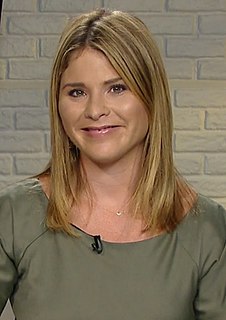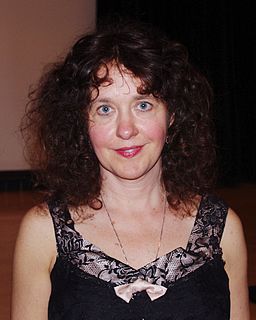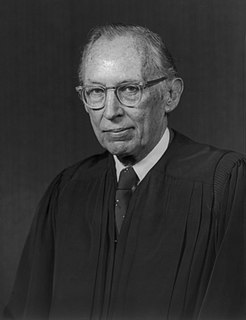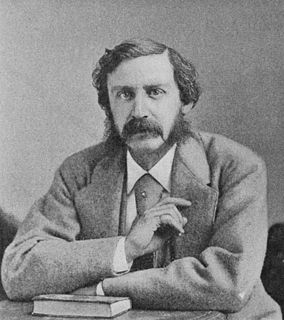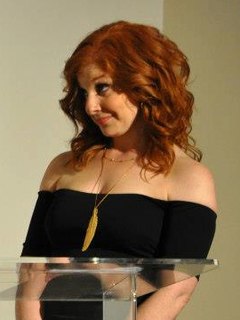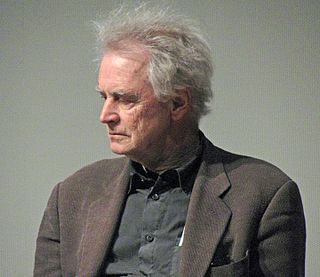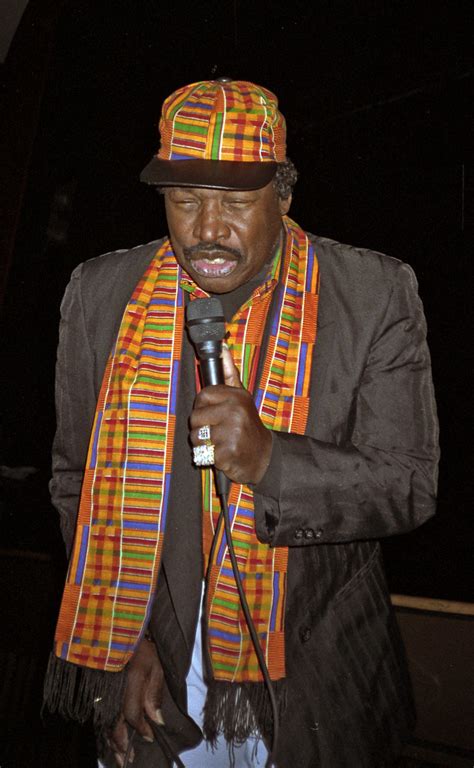Top 1200 Teaching Writing Quotes & Sayings - Page 6
Explore popular Teaching Writing quotes.
Last updated on December 19, 2024.
Over time I learned that there are two very different satisfactions that you can have in your life. One is the satisfaction of becoming skilled at something. It almost doesn't matter what the terrain is. There is a deep, soul-feeding resonance in mastery itself, whether in teaching, writing a complicated software program, coaching a baseball team, or marshalling a group of people to start a new business.
Writing for adults and writing for young people is really not that different. As a reporter, I have always tried to write as clearly and simply as possible. I like clean, unadorned writing. So writing for a younger audience was largely an exercise in making my prose even more clear and direct, and in avoiding complicated digressions.
Teaching ... particularly in the 1990s, teaching what is far and away the dumbest generation in American history, is the same as walking up Broadway in Manhattan talking to yourself, except instead of eighteen people who hear you in the street talking to yourself, they're all in the room. They know, like, nothing.
I'm a shy, nervous person, and I don't like teaching with "terms." I didn't teach them, like, "This is first person, this is second person, this is foreshadowing," or whatever, so no one probably felt like they were learning anything. But I feel like teaching in that way reduces the concept to a term.
I think it's most important to, rather than just do what everybody else is doing, like tons of selfies, find out what makes you excited. You know, is it taking pictures and doing cool makeup and making yourself look great? If so, wonderful. Is it music? Is it teaching something? Are you great at teaching?
If, in schools, we keep teaching that history is divided into American history and Chinese history and Russian history and Australian history, we're teaching kids that they are divided into tribes. And we're failing to teach them that we also, as human beings, share problems that we need to work together with.
I have a hard time writing. Most writers have a hard time writing. I have a harder time than most because I'm lazier than most. [...] The other problem I have is fear of writing. The act of writing puts you in confrontation with yourself, which is why I think writers assiduously avoid writing. [...] Not writing is more of a psychological problem than a writing problem. All the time I'm not writing I feel like a criminal. [...] It's horrible to feel felonious every second of the day. Especially when it goes on for years. It's much more relaxing actually to work.
In my teaching, I try to expose my students to the widest range of aesthetic possibilities, so I'll offer them stories from Anton Chekhov to Denis Johnson, from Flannery O'Connor to A.M. Homes, and perhaps investigating all that strange variation of beauty has rubbed off on me. Or perhaps that's why I enjoy teaching literature.
Writing is really just a matter of writing a lot, writing consistently and having faith that you'll continue to get better and better. Sometimes, people think that if they don't display great talent and have some success right away, they won't succeed. But writing is about struggling through and learning and finding out what it is about writing itself that you really love.
I started out as a poet who primarily wanted to write about image and moment. Over the years I've been trying to teach myself how to do plot and scene. My first story collection had the most issues with the plotlessness, and when I was writing my second collection I was teaching myself how to make things happen.
Our education system has succeeded so far in teaching generations to do different routine tasks. So when tractors displaced farming labor, we taught the next generation to work in factories. But what we've never really been good at is teaching a huge number of people to do non-routine creative work.
If you have to find devices to coax yourself to stay focused on writing, perhaps you should not be writing what you're writing. And if this lack of motivation is a constant problem, perhaps writing is not your forte. I mean, what is the problem? If writing bores you, that is pretty fatal. If that is not the case, but you find that it is hard going and it just doesn't flow, well, what did you expect? It is work; art is work.
Writing, for me, when I'm writing in the first-person, is like a form of acting. So as I'm writing, the character or self I'm writing about and my whole self - when I began the book - become entwined. It's soon hard to tell them apart. The voice I'm trying to explore directs my own perceptions and thoughts.
We have seen the civil rights movement insist on re-writing many of the textbooks in our universities and schools. The labor unions likewise insist that textbooks be fair to the viewpoints of organized labor. Other interested citizens groups have not hesitated to review, analyze and criticize textbooks and teaching materials.
For me, my core genius lies in the area of teaching and motivating. I love to do it, I do it well, and people report that they get great value from it. Another core genius is compiling and writing books. Along with my co-author Mark Victor Hansen and others, I have written, co-authored, compiled and edited more than 200 books.
There is a great need for a new approach, new methods and new tools in teaching, man's oldest and most reactionary craft. There is great need for a rapid increase in the productivity of learning. There is, above all, great need for methods that will make the teacher effective and multiply his or her efforts and competence. Teaching is, in fact, the only traditional craft in which we have not yet fashioned the tools that make an ordinary person capable of superior performance. In this respect, teaching is far behind medicine, where the tools first became available a century or more ago.
Besides writing, I have been teaching myself to 'develop' my own photographic plates, and I haven't a stick of clothing or an exposed finger that isn't stained. I sit for hours in a dark-room feeling as if I were a very elderly Faust at some dreadful incantation, and come out of it, blinding at the light, like a Bastille prisoner. And yet I am not successful!
If you are making money writing, you are doing great. If you can support yourself writing, you are a success. I don't care if you're writing textbooks or Pulitzer Prize-winning articles for weighty publications of world renown: If you're writing and it's paying the bills, consider yourself a successful writer.
On the craft level, writing for children is not so different from writing for adults. You still have to have a story that moves forward. You still have to have the tools of the trade down. The difference arises in the knowledge of who you're writing for. This isn't necessary true of writing for adults.
I earn my living by teaching film, mostly filmmaking but also teaching courses on current cinema. I'm interested in movies. I hope that's not all I'm interested in. In that sense, it's maybe a little misleading. I don't expect to make another movie about films, but I may continue to write about them.
An alarming number of parents appear to have little confidence in their ability to "teach" their children. We should help parents understand the overriding importance of incidental teaching in the context of warm, consistent companionship. Such caring is usually the greatest teaching, especially if caring means sharing in the activites of the home.
One has to see oneself through one's actions, works, and mind. Knowing the Self by the self is not as easy as writing that line. A #? yogi sees things in every movement he makes, maybe when practicing, maybe when teaching, or maybe when talking to people. You should have courage in your convictions and pursue what is dear to you all these years.











